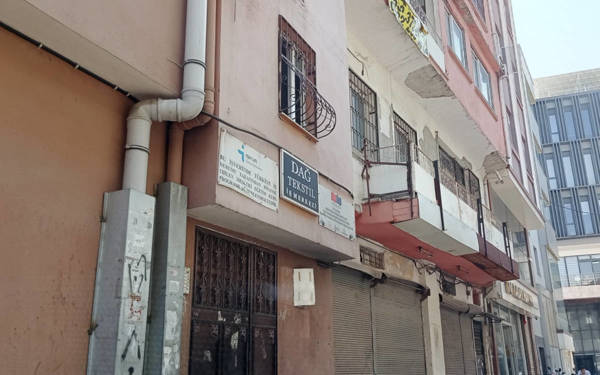According to a report by the Health and Safety Labor Watch (İSİG), at least 671 children lost their lives while working in the past eleven years. The İSİG dedicated the report to 14-year-old Arda Tonbul and 15-year-old Erol Can Yavuz, who tragically died during internships at workplaces affiliated with Vocational Training Centers (MESEM) in the last two weeks.
The İSİG shared the following data:
- In 2013, at least 59 child workers lost their lives.
- In 2014, at least 54 child workers lost their lives.
- In 2015, at least 63 child workers lost their lives.
- In 2016, at least 56 child workers lost their lives.
- In 2017, at least 60 child workers lost their lives.
- In 2018, at least 67 child workers lost their lives.
- In 2019, at least 67 child workers lost their lives.
- In 2020, at least 67 child workers lost their lives.
- In 2021, at least 62 child workers lost their lives.
- In 2022, at least 62 child workers lost their lives.
- In 2023, at least 54 child workers lost their lives.
The İSİG addressed the ongoing debate about MESEMs, which has intensified due to child labor deaths, providing insights into the prevalent legal model of apprenticeship widely exploited for child labor in Turkey.
"The primary legal model widely used for the exploitation of child labor in Turkey is apprenticeship. The current MESEM system is a continuation of the 'Apprenticeship Training Centers' that existed until the end of 2016. Essentially, it has been more integrated into the education system (under the 4+4+4 model) and transformed into a more widespread child labor system. While the implementation of MESEM refers to examples from EU countries, considering Turkey's role in the international division of labor, it serves the purpose of producing intermediate skilled labor and exporting cheap labor.
The İSİG emphasized that approximately 1.5 million students are within the scope of MESEMs, with around 300,000 of them being children under 18 years old. This legitimizes child labor through the practice of 'one day in school, four days of on-the-job training.' The roots of this practice lie in the neoliberal policies implemented with the decisions on January 24th and the coup on September 12th, 1990s policies to commodify education and foster industry-education collaborations, and the steps taken in 2006 with the collaboration between the Ministry of National Education and Koç Holding, initiating the training of students as intermediate skilled workers for industry.
The İSİG concluded that poverty forms the objective basis for the intensified "child labor" concentrated in MESEMs. Thousands of children in Turkey were already forced to work due to their families' inability to make ends meet. However, since September 2021, intensified policies of impoverishment have led people of all ages to join the rapidly growing army of wage earners in Turkey." (AÖ/VK)







